25 years of freedom and democracy in Poland is a very interesting and important time for the development of Polish cinema.
A time when different generations of Polish filmmakers take up topics which used to be omitted, or were even taboo, until 1990.
The 25 years resulted in feature films which provoked widespread discussions about the way Polish contemporary history and its heroes are described. The discussions have shown that our society differs in the way we perceive historical facts, in the ability to accept our own mistakes, in the tolerance towards other cultures, and in openness when talking about “a self-image of Poles.”
During the debate with representatives of different intellectual circles and the audience of the Film and Art Festival Two Riversides in Kazimierz Dolny we wish to think through, based on chosen films of these 25 years, which topics from the most recent history of Poland are still the most controversial – and why. How are historically difficult topics perceived by different generations of artists, and how do they communicate with the recipient through their works? What does “historical film” mean for classics such as Andrzej Wajda and avant-garde filmmakers such as Jan Komasa? Can controversial subject matter of a film cause strong social divisions in Poland? What is the power of film today?
The debate will be attended by young filmmakers whose creative work is inspired by the history of Poland. This will show us how the new generation reads and interprets historical events and how they transfer them to modern times.
PARTICIPANTS:
Prof. Tadeusz Lubelski – film historian
Prof. Paweł Śpiewak – sociologist, historian of idea
Prof. Jerzy Stuhr – actor, director, pedagogue, author of “The Citizen”
Ryszard Bugajski – director, screenwriter, author of the films “General Nil” and “The Closed Circuit”
Father Andrzej Luter – publicist, PhD in ecumenical theology, author of the book “Kino wiecznie młode,” published by Narodowe Centrum Kultury, in relation to which Cafe Kocham Kino shall hold a meeting with Father Luter
YOUNG GENERATION OF AUTHORS:
Marcin Bortkiewicz – director, screenwriter for “Walpurgis Night”
Kinga Krzemińska – screenwriter
Grzegorz Jaroszuk – director, screenwriter
MODERATORS:
Krzysztof Dudek – head of the National Centre for Culture (NCK), lawyer
Grażyna Torbicka – Artistic Director of the Festival of Film and Art TWO RIVERSIDES, film critic
DURING THE DISCUSSION WE SHALL PRESENT FRAGMENTS OF THE FOLLOWING FILMS:
Psy (Pigs), reż|dir Władysław Pasikowski
Pokłosie (Aftermath), reż|dir Władysław Pasikowski
Róża (Rose), reż|dir Wojciech Smarzowski
Wałęsa. Człowiek z nadziei (Walesa: Man of Hope), reż|dir Andrzej Wajda
Ida, reż|dir Paweł Pawlikowski
Jack Strong, reż|dir Władysław Pasikowski
Obywatel (Citizen, The), reż|dir Jerzy Stuhr
Miasto 44 (Warsaw 44), reż|dir Jan Komasa
Katyń, reż|dir Andrzej Wajda
Noc Walpurgi (Walpurgis Night), reż|dir Marcin Bortkiewicz
NATIONAL CENTRE FOR CULTURE is a national culture institution whose main objective is to actively work for the development of culture in Poland.
Work of the National Centre for Culture focuses on:
- Cultural education and increasing the interest in art and culture.
- Developing and increasing the professionalism of the culture sector.
- Promoting Polish national heritage as an element of European cultural heritage.
- Cultivating and popularising national and state tradition.
The National Centre for Culture also looks into:
- Inspiring and supporting social movements and non-governmental organisations working in the fields of culture and national heritage.
- Cultural information and research work in the field of culture and national heritage.
- Broadening the qualifications of employees who deal with culture.

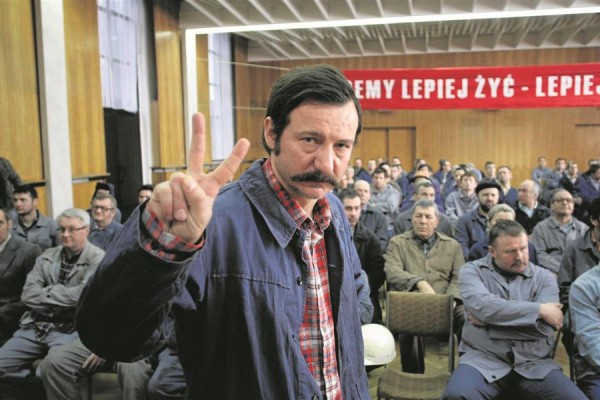
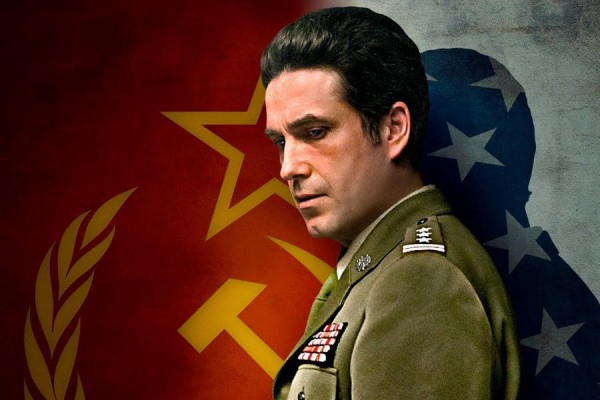
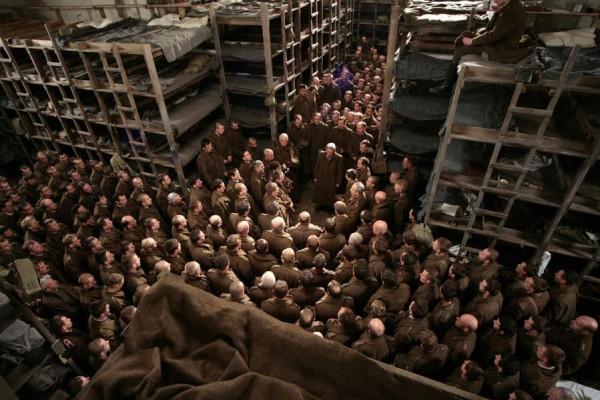
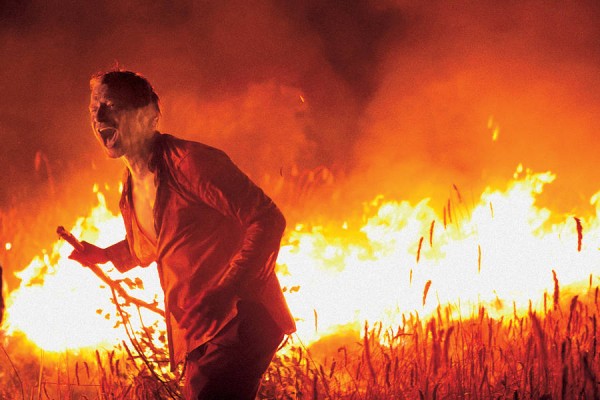
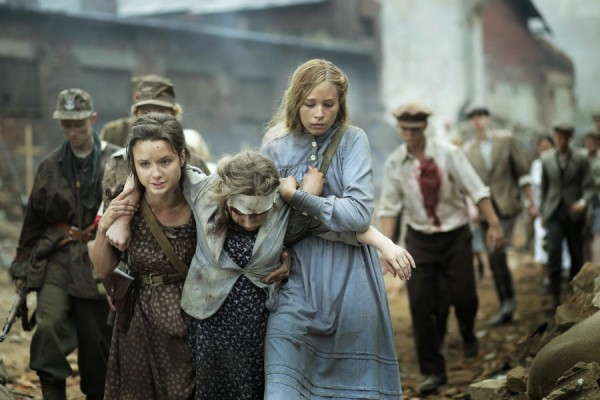
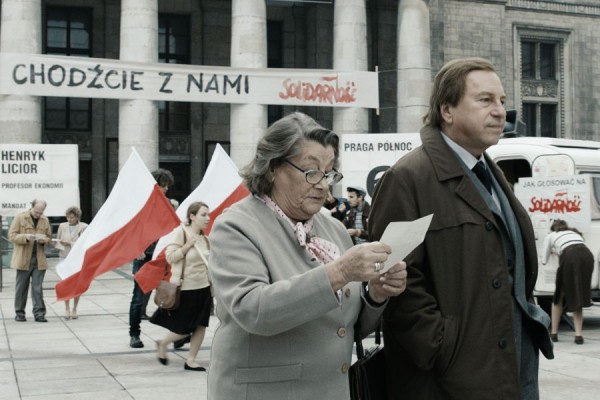
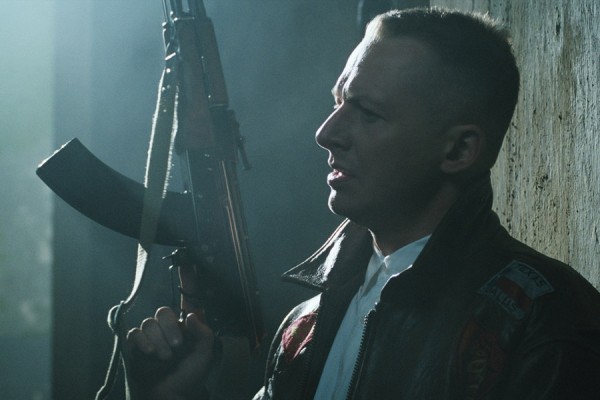
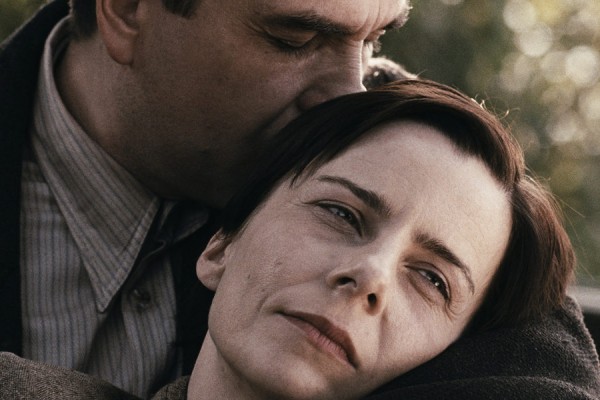
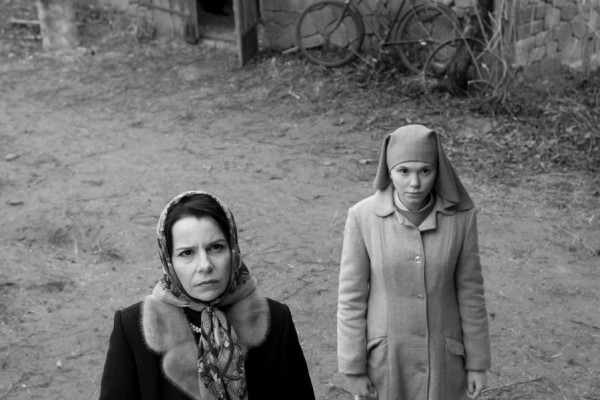
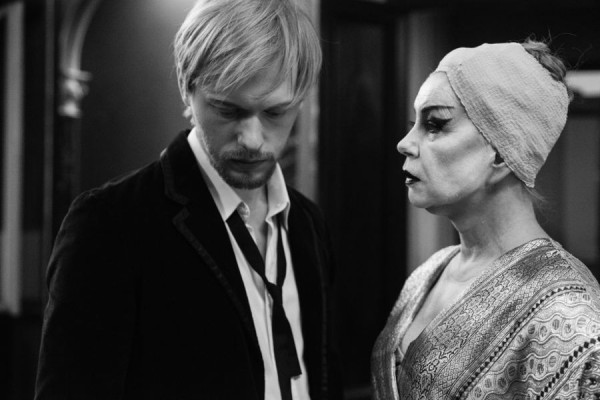




FOLLOW US